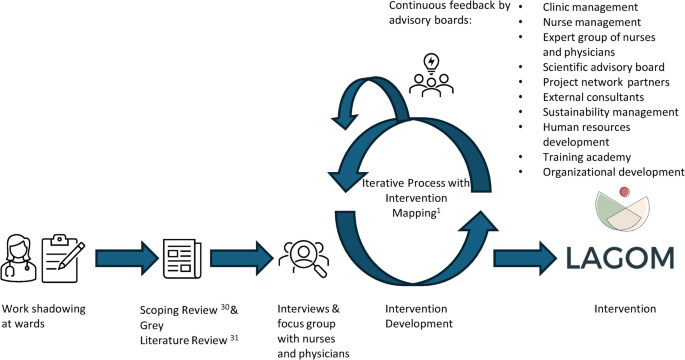
Genomics England project will screen 100,000 babies in the hope of earlier diagnoses and treatment
Genomics England has begun a landmark study aiming to screen 100,000 newborns in England for more than 200 rare genetic conditions.
The Generation Study will use whole genome sequencing to test newborns for metachromatic leukodystrophy, neonatal diabetes and hundreds of other conditions.
The study is being conducted in partnership with NHS England, with 1,000 participants already confirmed.
“The NHS is a world leader in genomics, and this study demonstrates the benefit of our partnership with Genomics England—allowing us to deploy cutting-edge technology to improve patients’ lives,” said NHS England chief executive Amanda Pritchard.
Predictive and personalised healthcare
Some £105 million was initially given in funding under the Conservative government in December 2022, and the project is continuing under the new Labour government.
“We need to ensure the future of healthcare is more predictive, more preventative and more personalised. This kind of advance in genomics will help us do just that,” said health secretary Wes Streeting.
Some 13 hospitals across England have been listed as participating, including five in London and four in Birmingham.
The conditions for which the babies will be screened were agreed after a period of consultation. They are conditions that can be treated by the NHS in early childhood.
Concerns over the data security of the genetic information have previously been raised; a Freedom of Information Act request conducted by Research Professional News revealed in June that Genomics England does not record hacking attempts.
At the time, Genomics England told RPN that it would be “neither practical nor best practice to collate all possible pieces of data on individual hacking attempts”.
Earlier access to treatment
Participating hospitals will inform expectant parents about the study and have “detailed conversations” with them if they wish to take part.
Those who do will have a blood sample taken from the umbilical cord shortly after the baby’s birth, which will then be sent to a laboratory for whole genome sequencing.
Genomics England aims to share any results with parents within 28 days if a condition is suspected.
“Children with these conditions often go years without receiving a diagnosis. Cutting this time would mean earlier access to what can be life-changing treatment,” noted Rich Scott, chief executive of Genomics England.
The study could also assist later in life: Genomics England said that if a child who has had their genome sequenced in the study begins exhibiting symptoms, their genetic information could help diagnose and treat them.
link






